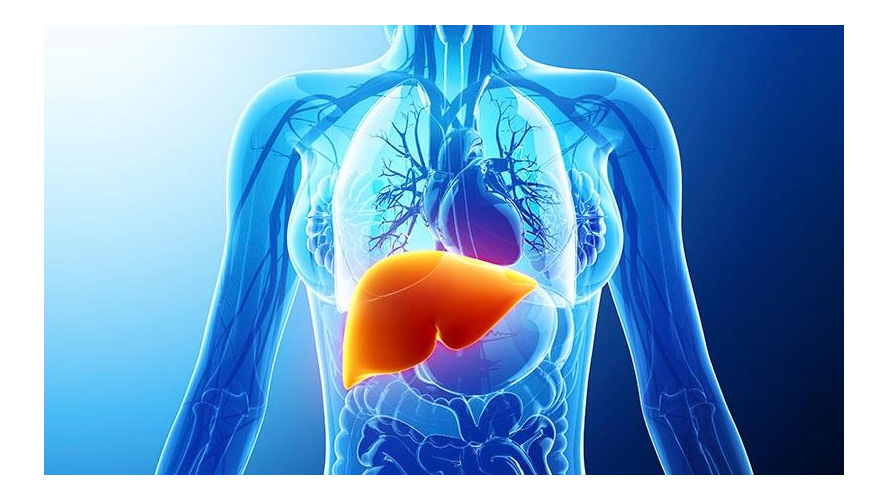A new study has developed a machine learning (ML) model that uses standard laboratory values and clinical data to predict the risk of hepatocellular carcinoma (HCC) in patients with metabolic dysfunction-associated steatotic liver disease (MASLD). This model, which showed high specificity and sensitivity, was trained and validated using data from 1561 and 686 patients with MASLD, respectively, from two academic medical centers.
The strongest predictive parameter of HCC in the model was liver fibrosis, as determined by the noninvasive fibrosis-4 score, along with total cholesterol, alkaline phosphate, bilirubin, and hypertension. In the validation cohort, the model achieved 92.06% accuracy in predicting HCC development. The study envisions this model as a potential clinical tool for point-of-care risk assessment and population-level triaging to improve screening strategies and mitigate HCC risks.
The study, led by Souvik Sarkar, MD, from the University of California Davis, was published in Gastro Hep Advances. However, it had limitations, including the small size of the cohorts and reliance on ICD CM codes without incorporating liver biopsy or imaging findings.



